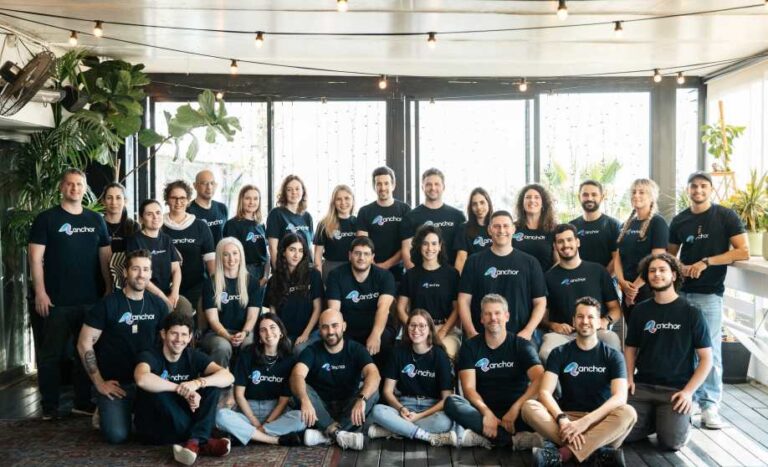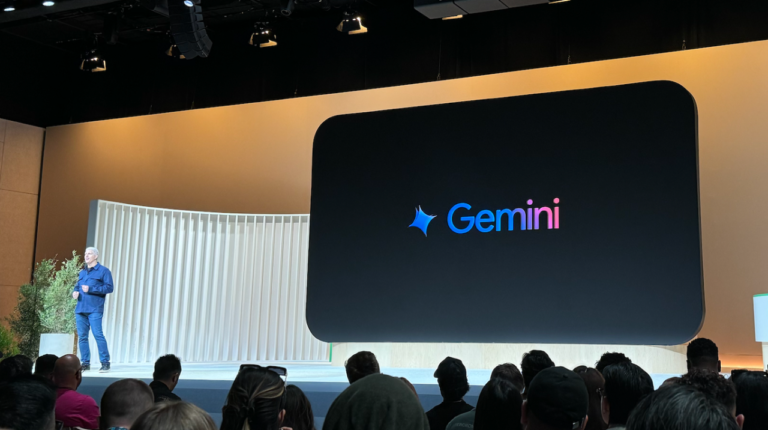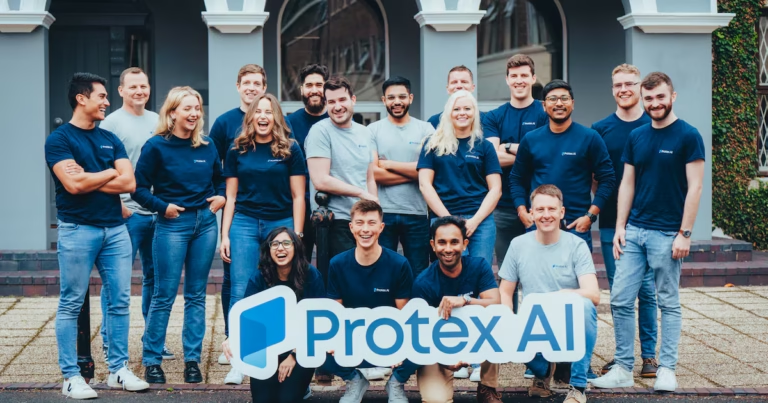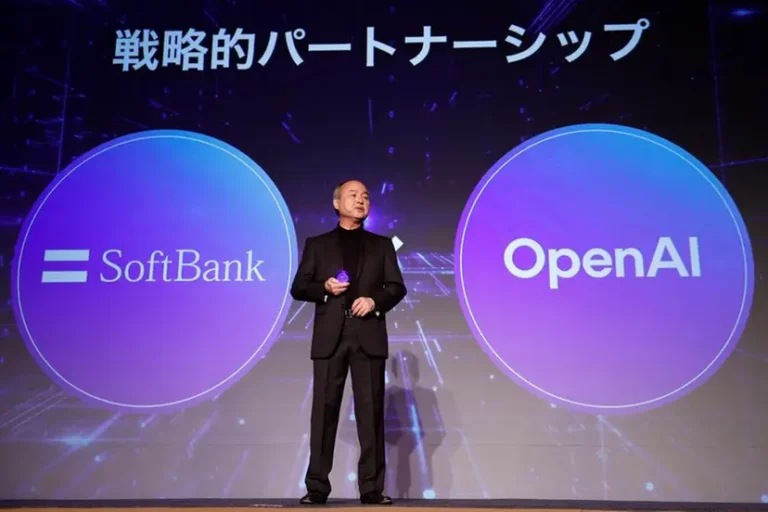Latest Post
OpenAI has taken a big step towards AI-powered task automation with the announcement of Operator, a general-purpose AI agent that can use a web browser to independently perform specific actions on behalf of users. It has been introduced as part of a research preview and will initially be available to U.S. users subscribed to ChatGPT’s $200 per month Pro plan, though plans are to expand to other tiers, including Plus, Team, and Enterprise, in the future.

During an open livestream, OpenAI CEO Sam Altman said it will be elsewhere in the coming months. Sadly, Europe a little while for now.
What Is Operator?
Operator is all about doing and completing many sorts of mundane day-to-day actions via the internet using a dedicated ChatGPT built-in web browser. It clicks buttons, types into forms or selects from pulldown lists, and steps through menus within websites, effectively mimicking much of what users do when managing their own experience online.
This is made possible by OpenAI’s new Computer-Using Agent (CUA) model, which combines the visual processing capabilities of GPT-4o with advanced reasoning from OpenAI’s latest models. Unlike tools that rely on APIs to interact with services, Operator works directly with the front-end interfaces of websites.
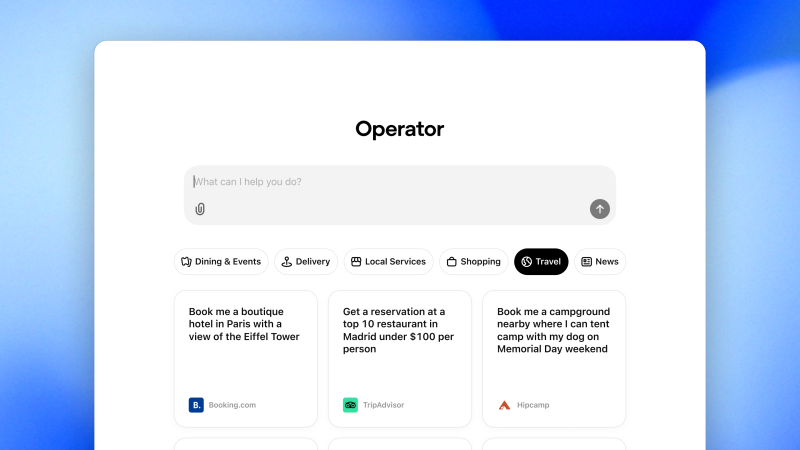
The users of Operator will experience a small pop-up screen showing them the dedicated browser in use. Operator can explain its actions in real-time, and users are able to hand over at will. OpenAI asserts that Operator is built with safeguards: thus, for example, a user has to confirm their intent before finalizing orders or returning reservations.
Read also: OpenAI Launches AI Agent to Help Users Book Flights and Order Food
Major Features and Collaborations
Operator currently supports tasks in categories like shopping, dining, delivery, and travel, and OpenAI has partnered with companies such as DoorDash, eBay, Instacart, Priceline, StubHub, and Uber to make sure compliance occurs with terms of service agreements. In sensitive activities like banking or email, for instance, Operator will require active supervision, keeping the user in charge of key decisions.
On particularly sensitive websites, such as email, Operator requires active user supervision, ensuring users can directly catch and address any potential mistakes the model might make,” OpenAI said in its support materials. The system also ensures that Operator doesn’t store or screenshot user data during these interactions.
Limitations and Safeguards
While Operator is a truly great leap in automation, OpenAI recognizes that the technology is not perfect. The CUA model sometimes can’t with non-standard web interfaces and passwords or CAPTCHA’s by forcing user interaction in these cases. Also, Operator has everyday limits on task specific and daily rate limits, and functionalities like sending an email or deleting a calendar event are turned off in this version of Operator, which is simply the beginning.
OpenAI has also instituted safety measures to avoid misuse. The system has protection from malicious prompts, phishing attempts, and suspicious activity. In case of strange behavior, execution stops, and safeguards are being updated both automatically and human-reviewed.
A gradual step towards an AI future
This launch puts OpenAI firmly in the running for developing AI agents, a space that Google, Anthropic, and Rabbit are also pushing into. But OpenAI seems to be playing it cautious, given the risks associated with AI systems that can take autonomous actions on the web. Such tools could be used for nefarious purposes, such as orchestrating phishing scams or automating ticket scalping.
To reduce these risks, OpenAI has restricted Operator’s functionality at launch and includes humans in the oversight of sensitive tasks and introduces safeguards to detect and prevent harmful usage.
The Future of AI Agents
Operator represents OpenAI’s boldest step yet into the world of AI agents. This comes shortly after the release of “Tasks,” which introduced simpler automation features, like reminders and scheduled prompts, to ChatGPT. While Tasks focused on basic productivity, Operator demonstrates the potential of AI to not just process information but to take meaningful actions.
The vision for AI agents as the next evolution in AI technology is ambitious: transforming how people interact with the internet and their devices. Whether Operator can fulfill this promise remains to be seen, but its release marks an exciting moment in the evolution of AI tools.
Through this preview of the research, OpenAI offers the user a sneak peek at the future that awaits AI automation-the future wherein the AI acts in place, making decisions that actually help them sort and manage their digital lives.
